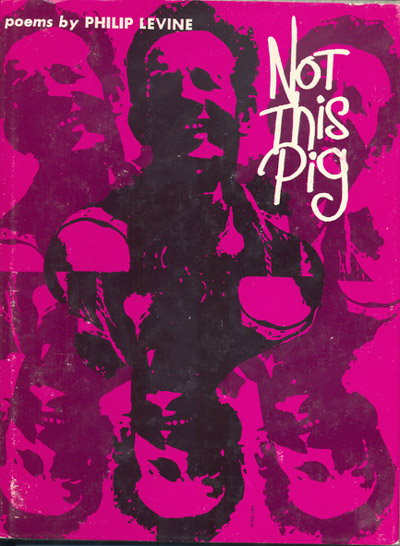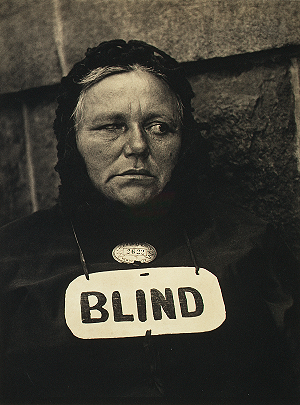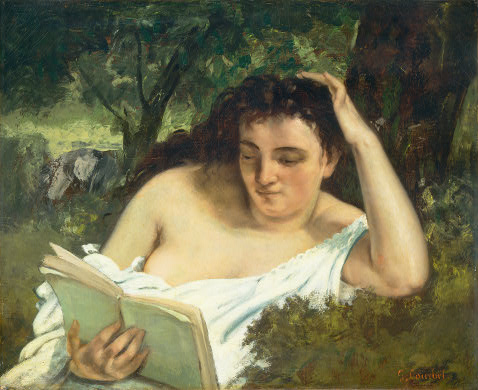Today is the 400th anniversary of the birth of John Milton. Over the years of my losing sight, 35 years to be precise, I’ve conducted a lengthy and private dialogue with this man. Sometimes it is disputatious, sometimes profoundly loving. I cannot begin to say how I have internalized his XIXth sonnet. I like to cite the phrase “light-denied” as a foil to explain how my particular form of blindness leaves me “light-drowned.” I reassure myself almost every day with the sonnet’s final line as I stand on a corner waiting for a bus or car ride. I think of Milton as my silent partner then. I know there is justice in the world when I remember that a poet of such tension and patience also gave to the language the phrase “self-esteem.”
Sonnet XIX On His Blindness
When I consider how my light is spent,
Ere half my days in this dark world and wide,
And that one talent which is death to hide
Lodged with me useless, though my soul more bent
To serve therewith my Maker, and present
My true account, lest He returning chide,
‘Doth God exact day-labour, light denied?’
I fondly ask. But patience, to prevent
That murmur, soon replies, ‘God doth not need
Either man’s work or his own gifts. Who best
Bear his mild yoke, they serve him best. His state
Is kingly: thousands at his bidding speed,
And post o’er land and ocean without rest;
They also serve who only stand and wait.’
![gustave_caillebotte_paris_street_rainy_day Gustave Caillebotte. Paris Street, Rainy Day (La Place de l’Europe, temps de pluie). 1877. Oil on canvas. Art Institute of Chicago. [Source: Wikimedia Commons]](../../../../wp-content/uploads/2009/02/gustave_caillebotte_paris_street_rainy_day_1877_wiki.jpg)
![Fog at Isle Royale [Source: wildmengoneborneo.com] Fog at Isle Royale [Source: wildmengoneborneo.com]](../../../../wp-content/uploads/2008/04/isle_royale_fog.jpg)
 If there is an emerging genetic underclass, I could run for class president or class clown. Read more in
If there is an emerging genetic underclass, I could run for class president or class clown. Read more in 

I am not sure how this poem makes me feel. Partly, I do not understand it entirely. I am not sure I want to only stand and wait, though sometimes I have to.
I can experience some wide mood swings when it comes to waiting for a ride, especially on a cold, rainy day like today. As often as I reassure myself with Milton’s line, I also remember the caption to a cartoon I saw once. In it two vultures perch in a withered tree, and one says peevishly to the other, “Patience my ass! I’m gonna kill somebody!”
There is a paradox in the sonnet’s last line. It is God speaking to Milton, almost mocking him. And it is Milton speaking for himself in God’s voice. Sometimes I hear defiance in it. Other times I hear acceptance.